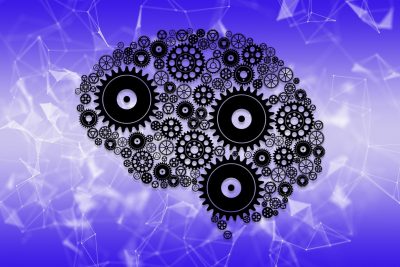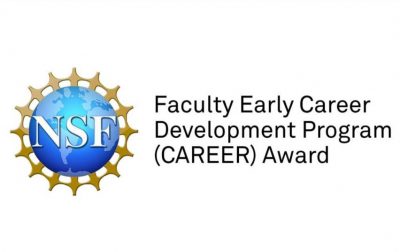
UConn Research 2022: Advancing the Mind, Medicine, Society, and Beyond
In 2022, The UConn Research Enterprise achieved breakthroughs across many disciplines and contributed to important conversations on topics that define the times.
Through a series of strategic partnerships and investments, societal contributions, and life-changing breakthroughs, UConn strengthened its position as the Northeast’s leading public research university in 2022.
Many of UConn Research’s accomplishments over the calendar year are chronicled in the 2022 Annual Report. The retrospective captures visits from national and state leaders across all areas of government, industry, and environmental protection.
Listed as one of 12 of Research Enterprise’s most notable, intriguing, or uniquely UConn discoveries and breakthroughs of 2022, Education Professor Ido Davidesco believes that planned breaks in concentration might be beneficial to helping students learn difficult subjects like biology. The NSF was intrigued, awarding Davidesco UConn’s first ever NSF CAREER Award for the Neag School of Education.



